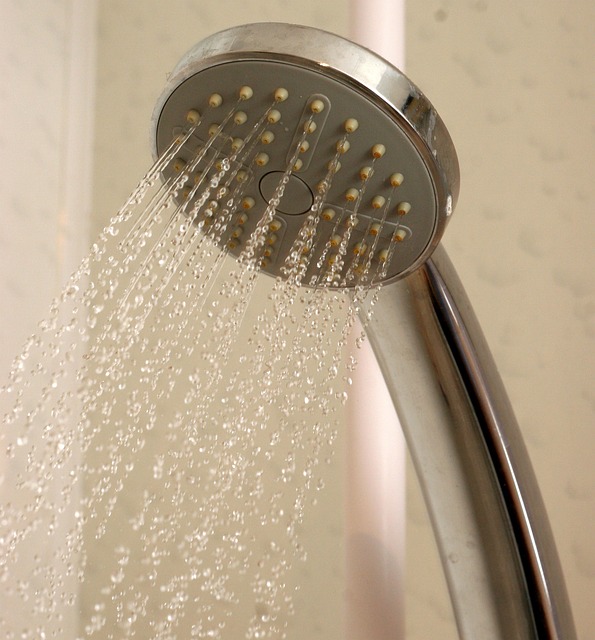Your home’s water heater plays a crucial role in daily comfort, but it won’t last forever. Therefore, being able to recognize signs that the unit is failing may help you avoid sudden breakdowns and costly repairs. Here are some clear indicators that it may be time for an upgrade.
Age
You can reasonably expect a traditional water heater to last about 8 to 12 years and up to 20 years for tankless models. If your unit is approaching or exceeding this range, consider evaluating its efficiency before it stops working unexpectedly.

Fluctuating Water Temperature
If your showers fluctuate between hot and cold unpredictably, it might indicate an issue with the heating element or an accumulation of sediment. Adjusting the thermostat might provide a temporary fix, but persistent problems could signal that a replacement is needed.
Rusty Water or Corroded Components
Discolored water when using hot taps, or visible corrosion on the heater itself, are concerning signs. Rust inside the tank can weaken its structure, increasing the likelihood of leaks or a complete failure. While replacing an anode rod might help, extensive corrosion usually means the entire unit needs replacing.
Noises
Rumbling, loud banging, or popping sounds coming from the heater are generally the result of sediment buildup at the bottom of the tank. Over time, hardened sediment reduces efficiency and forces the system to work harder, leading to potential overheating or damage.
Leaks or Excess Moisture
If you notice water pooling around the base of your water heater, it may be leaking due to small cracks or fractures in the tank. Even minor leaks can quickly escalate into significant water damage if left unaddressed.
Higher Energy Bills
A struggling water heater consumes more energy to heat water, resulting in increased utility bills. If you see a rise in energy costs without any other explanation, an outdated or failing unit could be to blame.
Repeated Repairs
Frequent service calls for issues like thermostat malfunctions, pilot light failures, or heating inefficiencies might indicate that repairs are only a temporary fix. Upgrading to a new, energy-efficient model can be a more economical and reliable long-term solution.
Proactively replacing an aging water heater before it fails can prevent costly emergencies and ensure consistent hot water when you need it. If you recognize any of these signs, it may be time to explore modern, energy-saving options for your home.
